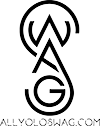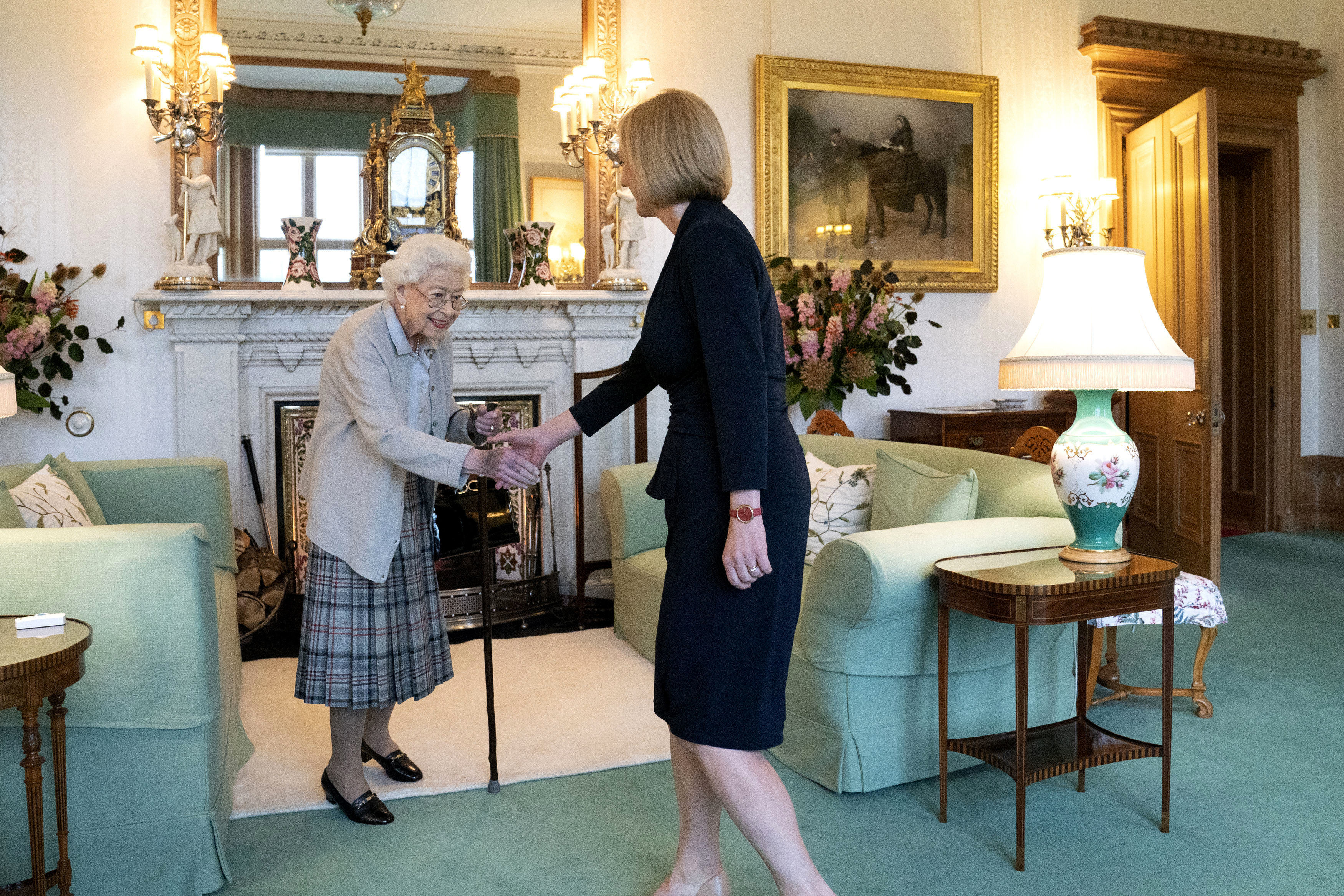Politics
EU collaborates on energy issues and invites the UK
It could sound like a nightmare come true. This, however, is not science fiction. According to financial services provider Allianz, the proportion of households experiencing energy poverty has doubled across the EU.
EU collaborates on energy issues and invites the UK
Gas shortages could result in a 200% increase in retail prices. Germany, the economic engine of the union, reports that 75% of its businesses are under “serious hardship” as a result of rising energy costs. The cost of electricity has increased by 80% in the UK.
Everywhere, the word “recession” is murmured.
In addition to utilizing conventional military force in Ukraine, Vladimir Putin is also weaponizing electricity in an effort to terrify the West and rebalance the power in Europe in Russia’s favor.
He yelled on Wednesday: “If it is not in our best interests to provide anything, we won’t. Nothing but gas, oil, coal, and fuel oil.” The Kremlin had thought that pressuring the EU would be simple. Before Vladimir Putin’s invasion of Ukraine, the bloc was dependent on Russia for a third of its oil and 40% of its gas. Germany and Italy, two major EU nations, were even more reliant.
For months, the Russian president has been turning on and off the gas at will, even though the colder months are quickly approaching. Even nations that have historically relied less on Russian energy, like France, Spain, and the UK outside of the EU, are impacted by price increases and market volatility.
Political and social tensions have increased along with costs as a result of firms being in danger of going out of business and vulnerable voters having to choose between paying for food or fuel this winter.
Last weekend, large-scale protests against the rising cost of living and a lifting of sanctions against Russia were held in Prague. Remember that the Czech Republic has historically held hawkish views towards Russia and has been vocal about the necessity of defending Ukraine. But domestic economic hardship is savage.
Similar to how they did at the beginning of the Covid issue, EU nations looked for their own, unique remedies.
Spain placed restrictions on the use of air conditioning in public buildings, Germany attempted to reduce the use of private vehicles by lowering the cost of public transportation, and in Italy, a Nobel Prize-winning physicist ignited a raging cultural debate by suggesting that pasta could be cooked without the use of heat to conserve energy and money.
Several of the member nations have hurriedly put together financial aid packages to assist struggling individuals, families, or enterprises. Their objectives are to cut back on energy use while also keeping costs low for consumers.
German Chancellor Olaf Scholz enjoys interjecting English lyrics from the Gerry and the Pacemaker’s song You’ll Never Walk Alone into his (German-language) news conference.
But right now, a European solution is the main priority. Many EU leaders, including French President Emmanuel Macron, have expressed a desire for the UK to be involved in a plan. Later, more on that.
There are numerous motivations for the united EU strategy. It partly results from the same post-Covid crisis realization that when member nations of a single market experience economic hardship, it adversely affects everyone.
There is also an understanding that there is power in numbers. Countries like Italy and Germany have been working hard to discover suppliers of alternative energy, such as in Algeria and the United Arab Emirates.
However, the circumstances are likely to be more favourable if the EU as a whole, with its economic might, strikes the energy deal.
Mr. Scholz stated on Wednesday, “We have to make sure we only pay the international market price, rather than a higher premium. Alexander De Croo, his Belgian equivalent, said that gas costs in Europe are currently double those in Asia and ten times higher than those in the US.
Additionally, the EU’s purchasing power would prevent member states from competing with one another for energy supplies. Not good for maintaining EU unity. Additionally, the EU has a serious wish to cease funding Russia’s military chest with energy funds.
It is true that most of the members have significantly lessened their dependency on Russia at this point. However, as a very irate EU official reminded me, while receiving significantly less money from Moscow now, EU nations continue to send nearly the same amount of money to Moscow every day due to sky-high energy prices.
He said, “Putin must be howling with laughter at us.
The energy ministers of the EU have been called to an urgent meeting in Brussels on Friday to examine a number of options to work together to address the situation.
Ursula von der Leyen, the head of the EU Commission, tweeted that “Russia is manipulating our energy markets,” but added, “[but] we have the economic might, the political resolve, and the solidarity to preserve the upper hand.”
EU nations have already agreed to cut back on their dependency on Russian gas and oil imports. In order to prepare for coming winter, the Commission developed unified gas purchasing capabilities back in April.
But there is no consensus among EU leaders over their goals or plans for energy. It’s improbable that everyone will agree on something on Friday. For instance, Germany is currently on the fence regarding restricting Russian gas prices. Poland desires a price ceiling on all gas imports from outside the EU.
A similar argument is currently raging in the UK. Other complex concerns include how to ensure that customers comprehend the long-term need to modify their habits and consume less energy, even if governments intervene to keep costs low.
The EU’s haste to find alternatives to Russia’s fossil fuel sources has also caused great concern among European Green parties. A significant coalition partner in the German government is the Green Party. Robert Habeck, a deputy prime minister and minister of economics, serves as its co-chair.
He has been traveling with his cap in hand to the United Arab Emirates, eager as ever for deals involving fossil fuels, something his opponents are well aware of. Yes, Green politicians had grand ambitions, Ska Keller, a German Green MEP, conceded to me, “but then governance happened.”
She claimed that polls in Germany show that people are aware of the energy issue and how the Green Party is acting “responsibly and pragmatically,” but they also recognize the urgency of the climate disaster.
Tim McPhie, a spokesman for the European Commission on energy, is eager to emphasize that there are “short-term fixes and longer-term answers” when it comes to energy. In Brussels, there is a great deal of pride in the EU Green Deal and its climate targets.
According to Mr. McPhie, the efficiency of renewable energy sources is more important than replacing Russian gas with gas from anywhere else for the sake of long-term European security.
And what about the request for UK energy cooperation I indicated previously, which the French Minister for Europe, Laurence Boone, reaffirmed to me this week? Nathalie Loiseau, her predecessor, asserts that cooperation makes more sense in these trying times than the “splendid isolation” of the post-Brexit.
However, even if Liz Truss were tempted, she would discover that working with the EU would be politically problematic with some members of her Conservative party. It might make economic sense for the UK to join forces with the EU to try to benefit from cheaper pricing on the global market.
Prime Minister Truss won’t be able to overlook one issue of energy and the EU, though. In relation to Northern Ireland, of course. According to Mary Starks, a former director at the United Kingdom’s energy regulator Ofgem and current energy specialist at Flint, the island of Ireland has a single electricity market that is integrated with Great Britain.
But because the Republic of Ireland is a member of the EU, it should be governed by the bloc’s energy laws. Therefore, what this means for both Northern Ireland and the Republic will eventually become clear, according to Ms. Starks.
And in the event that one side of the English Channel is able to successfully lower wholesale energy prices but not the other?
Ms. Starks informed me that while energy often moves relatively easily through electricity and gas interconnectors, Brussels would “need to take steps to guarantee its cheaper power and gas did not ‘leak’ to the UK” if, for instance, the EU managed to decrease prices before the UK.
While Ms. Starks claims it would be extremely unlikely for the EU to shut down the interconnectors on its own, trade and flow regulation would be necessary to stop leakage.
And that would call for conversation.
You can click on the links below to own our products
Chillin With My Snowmies Full Printing Ugly Christmas Sweater
Catpuccino For A Purrfect Morning Cat Lover Ugly Christmas Sweater
Catpuccino For A Purrfect Morning Cat Lover Ugly Christmas Sweater
Cat Too Late To Be Good Full Printing Ugly Christmas Sweater
Cat Skull Merry Christmas You Filthy Animal Ugly Christmas Sweater
Cat Prisoner I Knocked Over The Christmas Tree Ugly Christmas Sweater
Cat I Knocked Over The Christmas Tree Ugly Christmas Sweater
Calories Don’t Count During Christmas Ugly Christmas Sweater
Bus Christmas Tree Cruising Towards A Merry Christmas Ugly Christmas Sweater
Contact us:
- https://www.facebook.com/Allyoloswag.Store
- https://twitter.com/StoreSwag3
- https://www.pinterest.com/allyoloswagstore689/
- https://www.pinterest.com/allyoloswagstore689/
Collection: https://allyoloswag.com/product-category/3d-shirts/sweater/
Homepage: https://allyoloswag.com/

